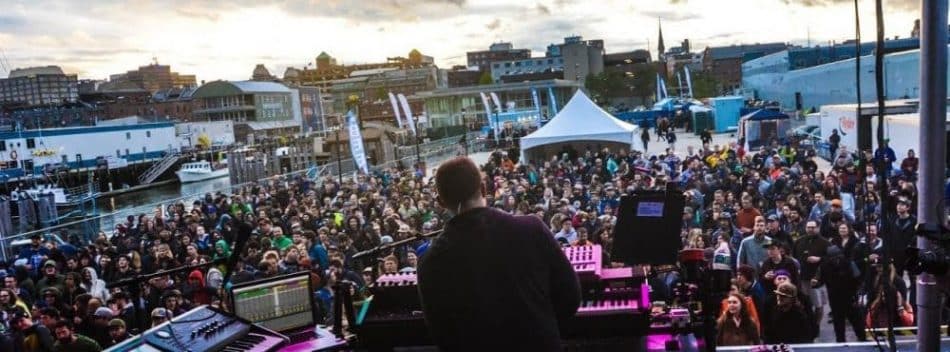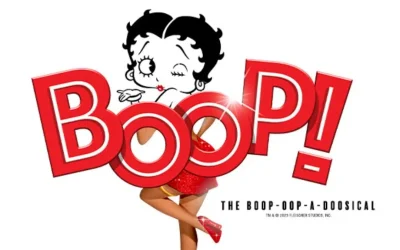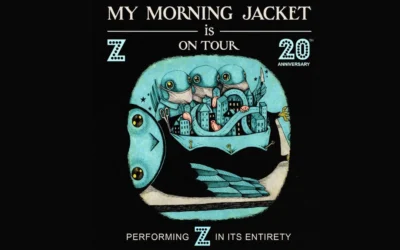Concert giants AEG Presents and Live Nation Entertainment have both announced that all fans looking to attend events in the U.S. will be required to show proof of vaccination or a recent negative COVID test beginning this fall, as the industry seeks to stay open amid the Delta variant-driven spike in cases. The policies fly in the face of laws and executive actions put in place by some Republican officials, such as in Florida and Texas, where requiring proof of vaccination in exchange for goods and services was made unlawful.
But, apparently, the entertainment giants have found the right legal language to render those attempts at blocking their policies moot.
In these states, it is the option for providing a negative COVID test result as an alternative to a vaccination that allows the policies to stand, and there isn’t much that the current executive actions can do about it.
“Obviously in Florida, the one thing the executive order doesn’t allow is demanding proof of a vaccine,” attorney Robert Shimberg, who advises clients on COVID-19 affairs at the firm Hill Ward Henderson, says. “But there are many other things they can do, such as requiring masking, proof of a negative test or social distancing.”
In essence, rather than requiring a vaccine, the policies put in place by the concert giants are requiring proof of a negative COVID-19 test within a certain window of showtime – with an alternate option of providing proof of being vaccinated rather than taking the test. Refusing admission to a consumer who does not provide proof of a recent negative test (or vaccination) doesn’t violate Florida’s policy, according to a spokesperson for Governor Ron DeSantis.
Texas promoter Graham Williams referred to the successful policy as just “backwards wording” to get around the ban on vaccination requirements in states where they have been put in place.
Live Nation had initially announced that it would be allowing its clients to determine what level of COVID-19 restrictions they wanted to have at their events, rather than setting a universal policy for all of its shows. But soon after that policy was announced (and numerous artists began putting vaccination or negative test requirements into action), AEG Presents announced that everyone attending events it was promoting would have to show either a negative test or vaccination status, and Live Nation quickly followed suit.
Live Nation says that such a policy was a success at Lollapalooza in August, and their data showed that it was even cited as a reason for getting vaccinated. “We’ve tried this model at a variety of events, including Lollapalooza, where we saw 90 percent of fans bring their proof of vaccination, and 12 percent of fans said it was a reason to get vaccinated,” VP of Regional Operations for Live Nation Jeannine Beson said at a recent press conference.
Broadway, which has already begun its reopening and will see a substantial ramp-up throughout September and into the fall, has a stricter policy without the option for a negative test – all audience members must show proof of vaccination unless they are under the age of 12. But such a policy would be tripped up in states like Florida and Texas, necessitating the multiple option approach that seems to be standing up to opposition, thus far.
Requiring proof of vaccination or a negative test for entry is not without its drawbacks. Some consumers bristle against any restriction to their entry, or requirements for wearing masks while inside stadiums or concert halls. In Las Vegas, more than 1,800 tickets recently went on sale for Raiders games after some fans took exception to the team’s policy requiring all who attend games at Allegiant Stadium to be vaccinated. Most just pushed their season ticket plans for a year, while approximately 250 asked for outright refunds.
The policy has also dragged down prices on the secondary market in Las Vegas, which makes sense given that any mask, vaccination or testing policy is likely to result in some consumers losing interest in going to the event in person rather than watching on TV. But for event organizers, the calculus seems simple: policies requiring vaccination or negative testing are more likely to keep events running with people in the seats rather than locked out, which was the case for so much of the last 18 months.




